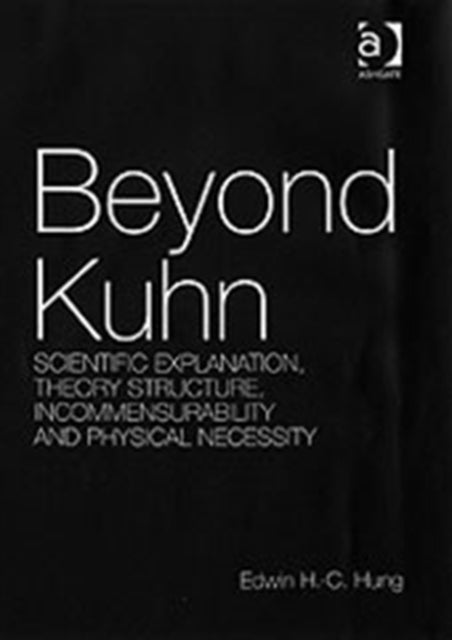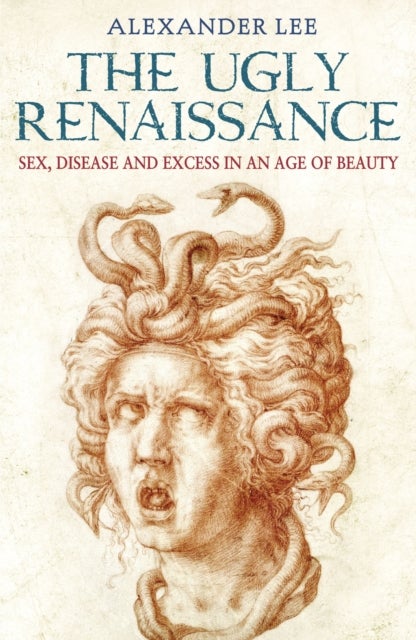
Beyond Kuhn av Edwin H.-C. Hung
1699,-
Thomas Kuhn''s celebrated work, ''The Structure of Scientific Revolutions'' revolutionized thinking in the philosophy of science and to a large extent his ''paradigm shift'' view has replaced logical positivism and the philosophy of Karl Popper. This book goes beyond Kuhn by explicating the non-deductive notion of ''paradigm shift'' in terms of the new concept of representational space. In doing so, Edwin H.-C. Hung is able to produce the first-ever unitary theory that solves the five central problems in the philosophy of science: scientific explanation, the structure of scientific theories, incommensurability, scientific change and physical necessity. The book identifies the main task of science as representing reality. This involves the construction of a representational space and the subsequent modeling of reality with configurations of ''objects'' in that space. Newton''s mechanics, Einstein''s relativity and quantum mechanics, then, all serve as representational spaces. ''Beyond K








